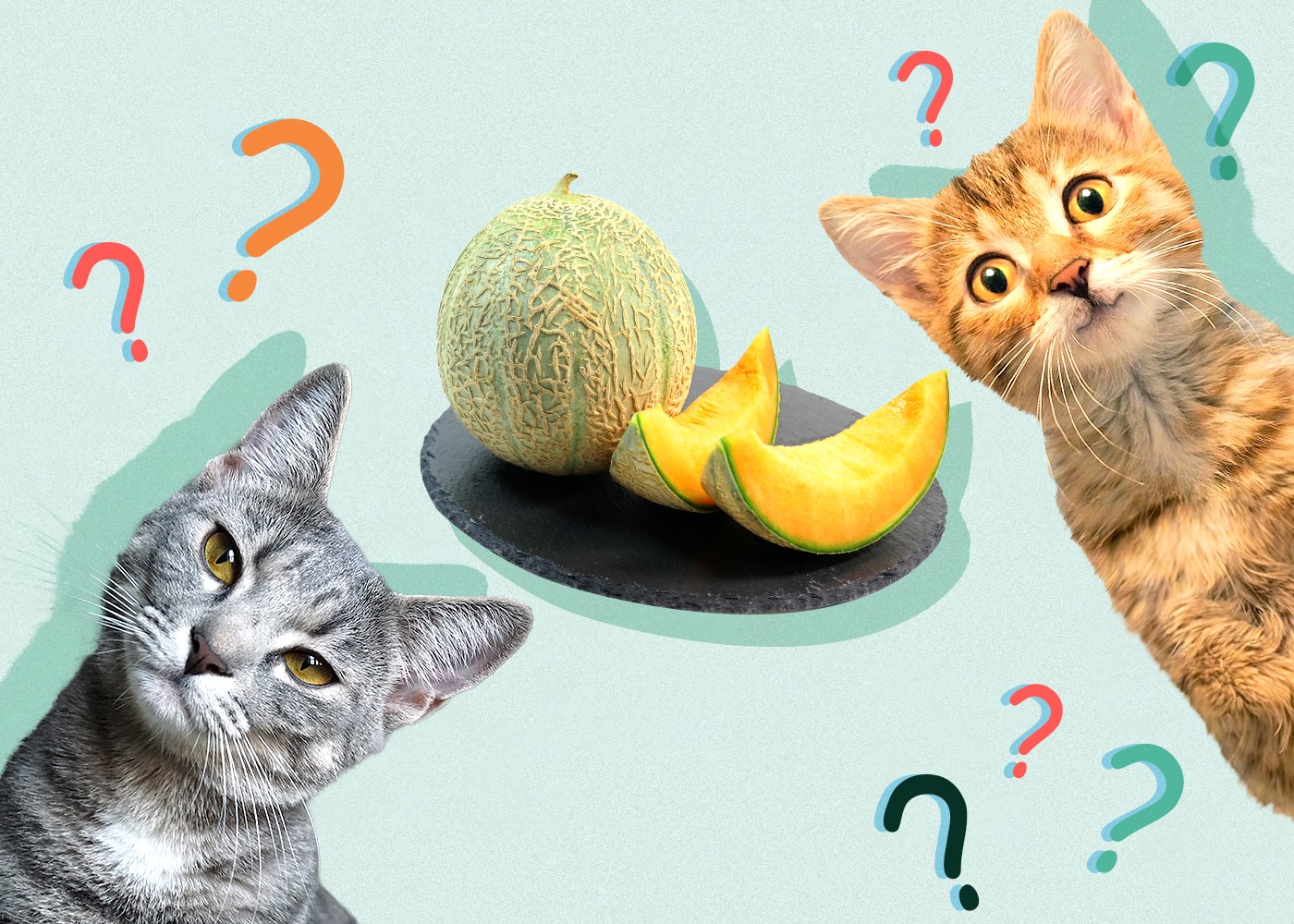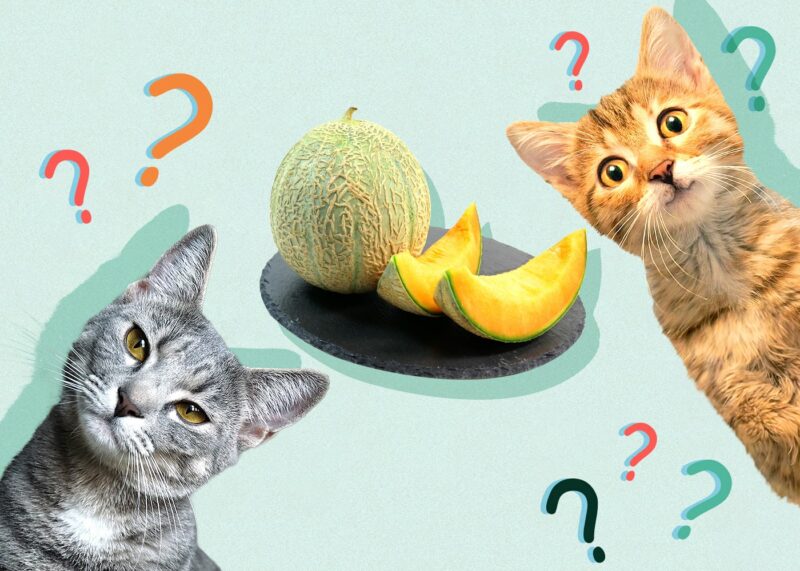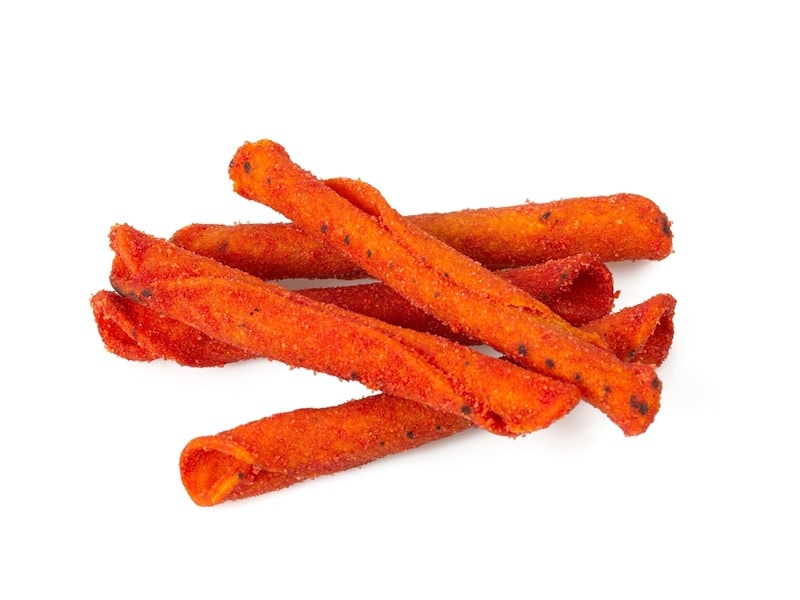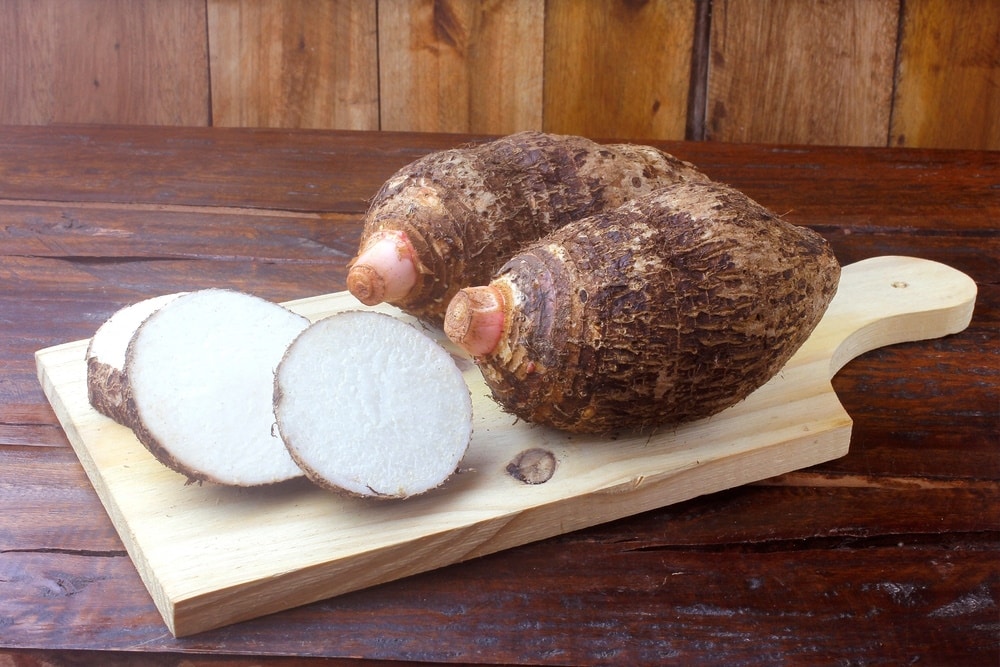There’s nothing like a juicy piece of watermelon to quench your thirst on a hot summer day. Melons are sweet, refreshing, and full of fiber and nutrients. You might be wondering if your cat can benefit from the vitamins and minerals in your favorite melon this summer. The answer is yes, cats can eat melons!
It’s indeed safe for your feline companions to share these delicious summery fruits with you. Of course, moderation is key here, as it is with all human foods.
Keep reading to get the low-down on cats and melons.
Are Melons Safe for Cats?
Cats are obligate carnivores. Their bodies rely on nutrients from animal products, and as we all know, melons don’t come from animals. Most of your cats’ daily calories should come from sources that will give them the nutrients they need. So, while melons are certainly safe for most cats to have once in a while, they’re not something you should be offering your pet daily.
It’s important to note that giving your cat a taste of melon is safe if they are healthy. Cats with certain health conditions, such as diabetes, should avoid human foods laden with simple sugars.
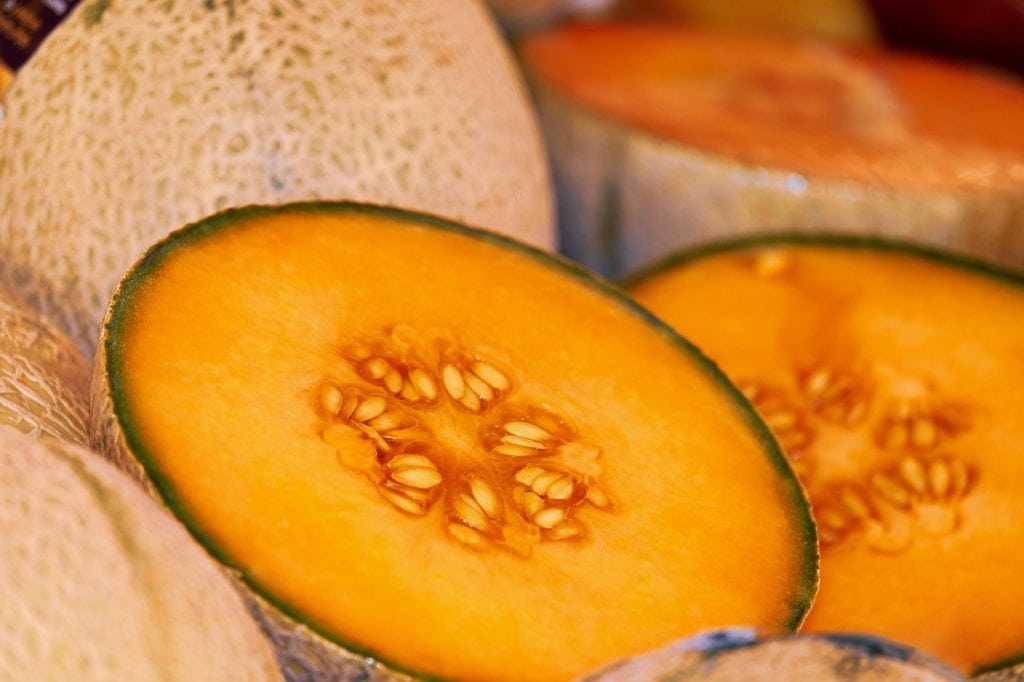
What Is the Best Melon to Offer My Cat?
Cantaloupe is low in carbohydrates but high in dietary fiber and vitamins B6, A, and C. Vitamins B6 and A are particularly beneficial for your cat. Vitamin A is essential for felines and necessary to maintain optimal health. If they become deficient in this vitamin, they can suffer from muscle deterioration, night blindness, or skin and coat issues. Vitamin B6 can help boost your cat’s immune system function by increasing the production of their red blood cells. A B6 deficiency may look like anemia, seizures, and even renal failure.
Honeydew melon provides your kitty with an excellent source of hydration and fiber. While most healthy cats don’t need a lot of dietary fiber, it can help those who have certain issues, such as diarrhea, constipation, and diabetes, and even be helpful for overweight cats.
Watermelon is full of a variety of nutrients, including vitamins A, B6, B1, and lycopene. You already know the benefits of vitamins A and B6 for cats, but vitamin B1 is an essential water-soluble vitamin necessary for carbohydrate metabolism. A vitamin B1 deficiency can cause neurological signs like incoordination, seizures, stupor, and falling. Lycopene is an antioxidant that can provide protection from certain types of cancers, as well as slow the progression of vision loss as your cat ages.
Since all melons provide a dose of nutrients and minerals, you might need to let your cat lead the way when it comes to choosing which to offer them.
How Can I Feed Melon to My Cat Safely?
If you decide you want to offer your kitty a piece of melon as a treat here and there, you need to do so safely. You should talk to your veterinarian before adding any new human foods to your cat’s diet, even if you’re only giving one occasionally as a treat. Your vet can provide valuable insight into what you can and can’t feed and in what quantity.
You can use simple math equations to determine what is a safe amount of melon to feed. Try using this pet caloric needs calculator to determine how many calories per day your cat needs based on their size. The ASPCA suggests that your pet’s treats shouldn’t account for more than 5–10% of their daily calorie intake. So, if the calculator says your pet needs 250 calories per day, you shouldn’t be feeding them melon in quantities that amount to more than 12 to 25 calories. This nutrition calculator gives you a rough idea of how many calories are in a serving of various melons. If you’re aiming for 25 calories of melon, you can offer 2.5 ounces of watermelon, cantaloupe, or honeydew melon. Remember, though, that 25 calories of melon would be the upper limit, and you shouldn’t provide treats in any other form if you’re offering that much to your pet in one day.
You’ll need to cut melon into small pieces that are roughly the same size as their kibble to ensure they won’t choke on it. The seeds and rind will need to be removed to avoid any gastrointestinal upset.
As with any other new food in your cat’s diet, keep an eye out for adverse reactions. Even though melon is generally safe for kitties, your pet’s stomach just might not agree with it. Watch for signs of gastro issues, such as vomiting or diarrhea. If you see your cat exhibiting these signs, it’s best to avoid offering them melon in the future.
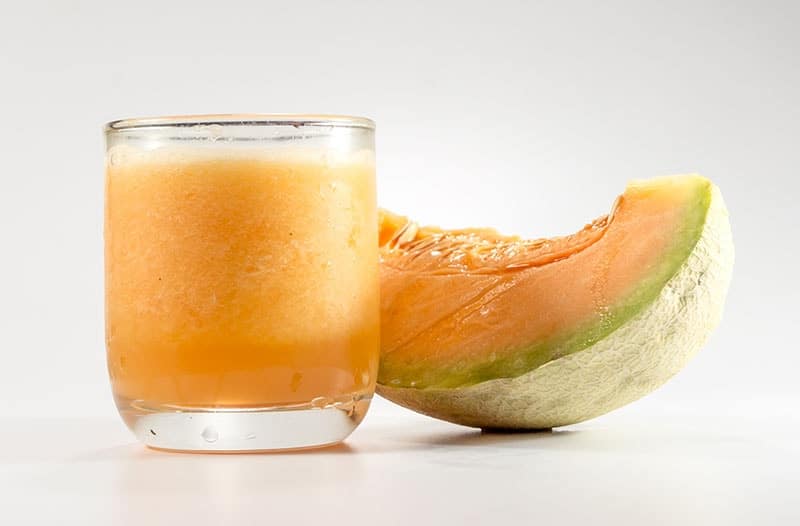
What Other Fruits Can My Cat Eat?
Most fruits aren’t problematic for cats, though most kitties aren’t attracted enough to fruit to express any interest in it. They may be more likely to show interest in fruit that’s cut into small, digestible pieces if they are used to trying novel foods. You might try offering them peeled apples, bananas, blueberries, and strawberries to see if any pique their interest.
That said, there are some fruits you must avoid offering your cat at all times.
- All citrus fruits contain citric acid and essential oils in some capacity. It’s in the stems, leaves, peels, fruit, and seeds. If your cat were to eat a lemon or orange in large quantities, they could get central nervous system depression. Smaller doses may not present significant issues aside from stomach upset.
- Grapes and raisins are a no-go for cats and dogs. It’s a little-known fact, but grapes and raisins can be even more toxic than chocolate. Ingesting this fruit and its dried counterpart can lead to kidney damage or even kidney failure.
- Cherries are toxic for both cats and dogs. While the flesh of a ripe cherry isn’t going to cause much harm to your cat, every other part can. Cherries contain cyanide, which when ingested by cats, will inhibit cytochrome oxidase, an essential enzyme your cat needs for cellular oxygen transport.
Final Thoughts
Now that you know you can share your sweet and delicious summer treat with your cat, it’s time to decide which melon will be the first one you offer them. Remember that as with any human food, moderation is key. There can be too much of a good thing, especially when you consider non-animal source nutrition in cats.
See also:
Featured Image Credit: Guajillo Studio, Shutterstock

